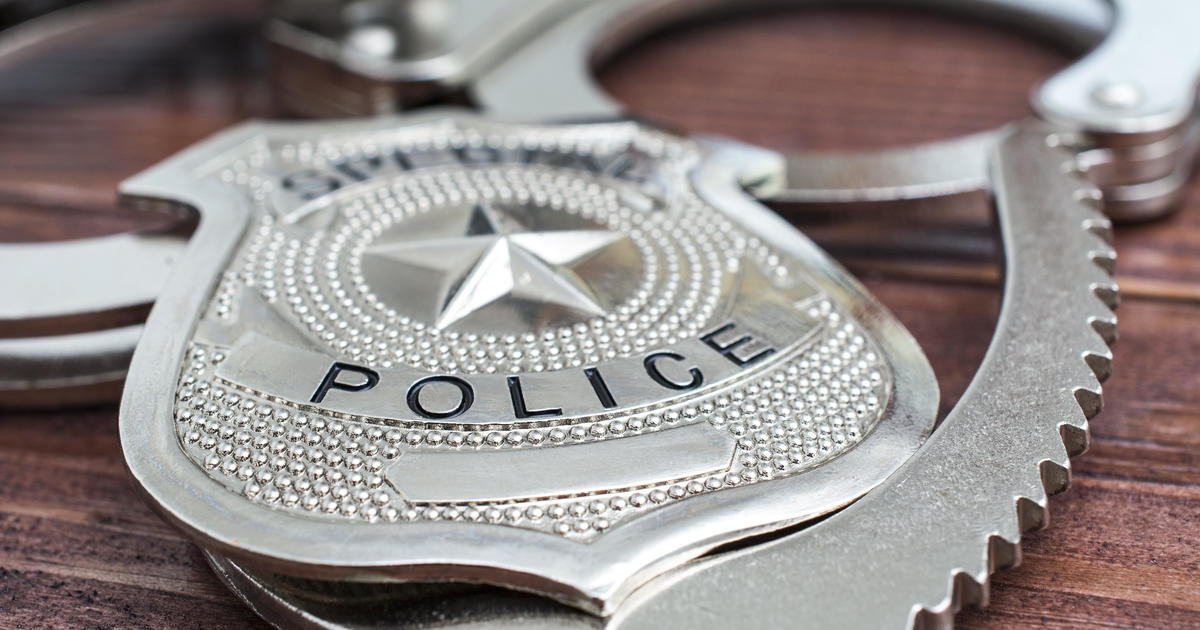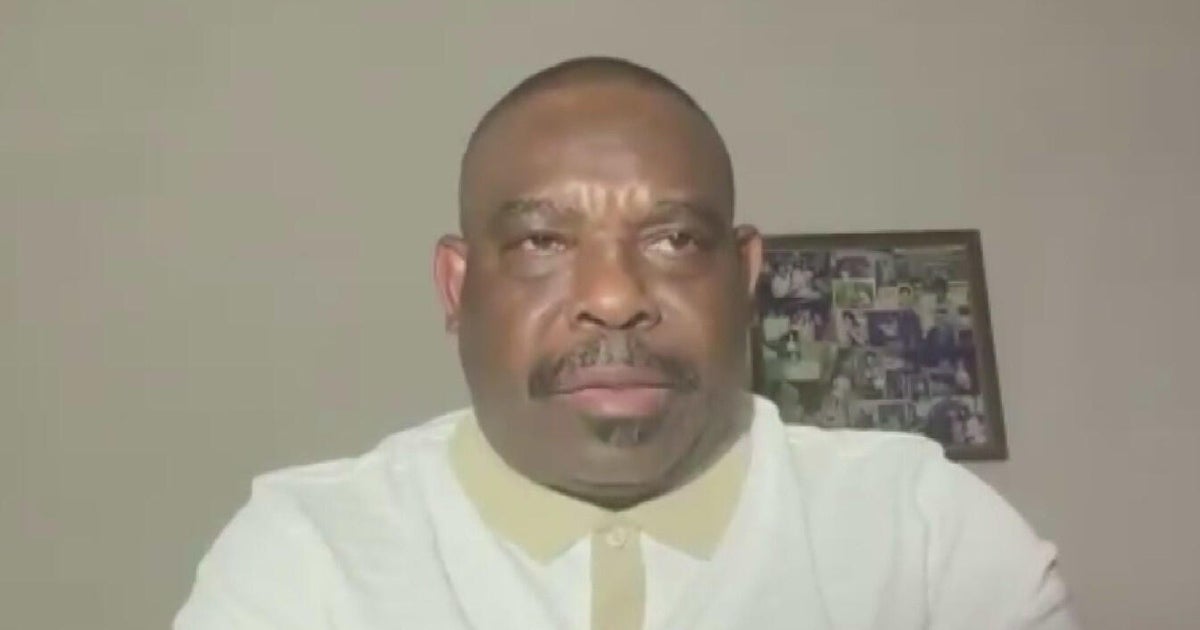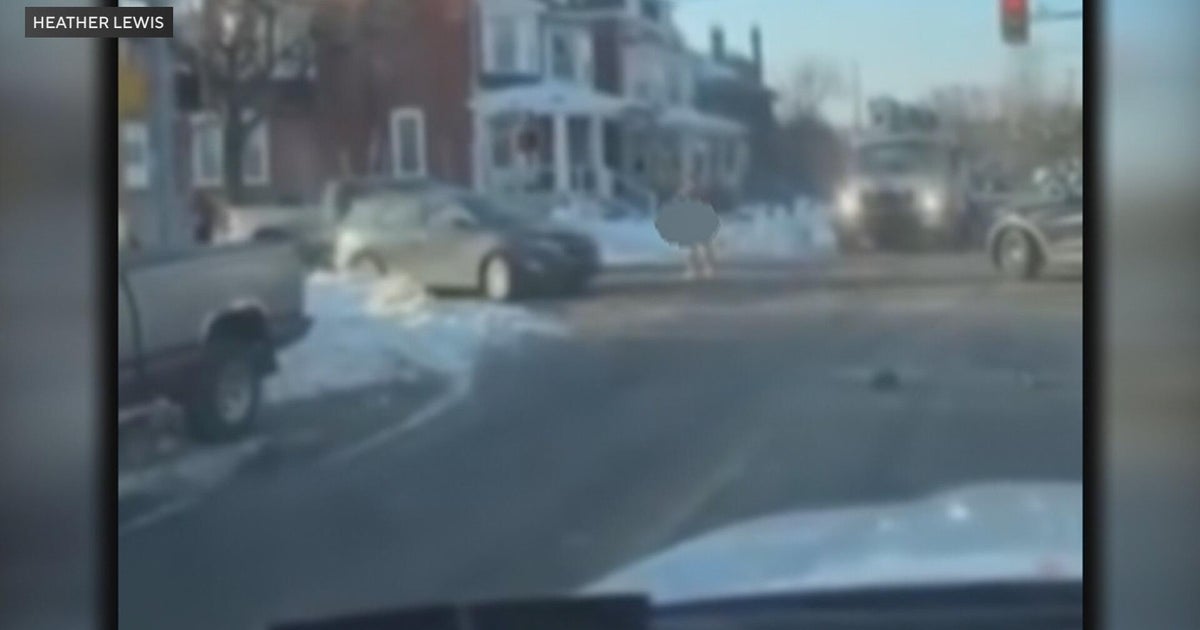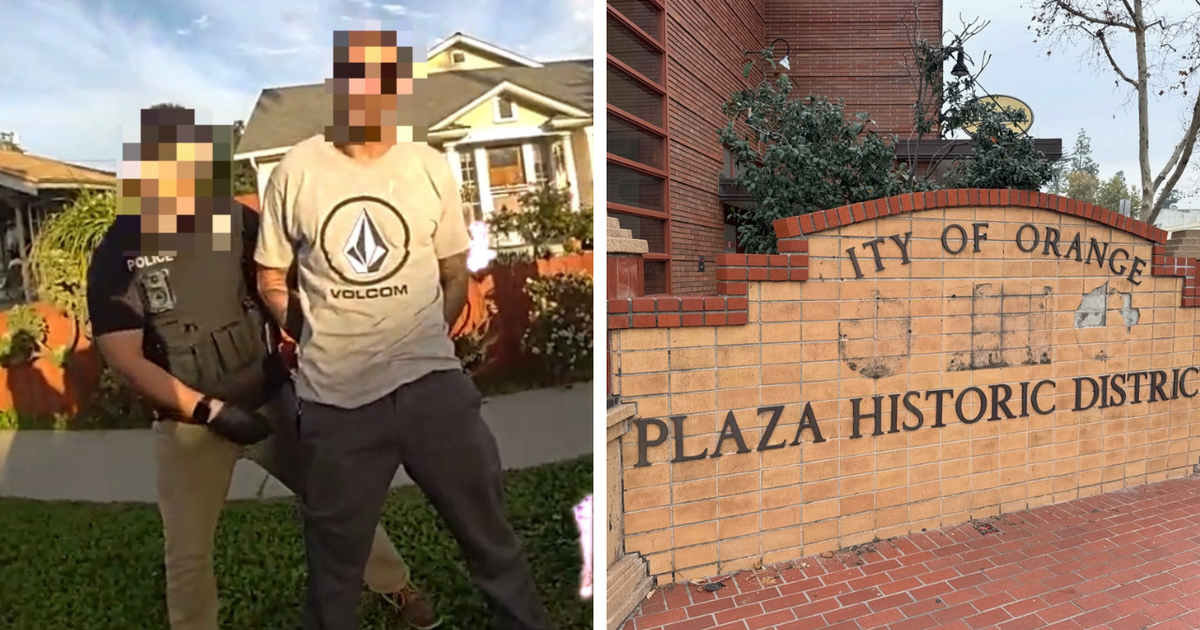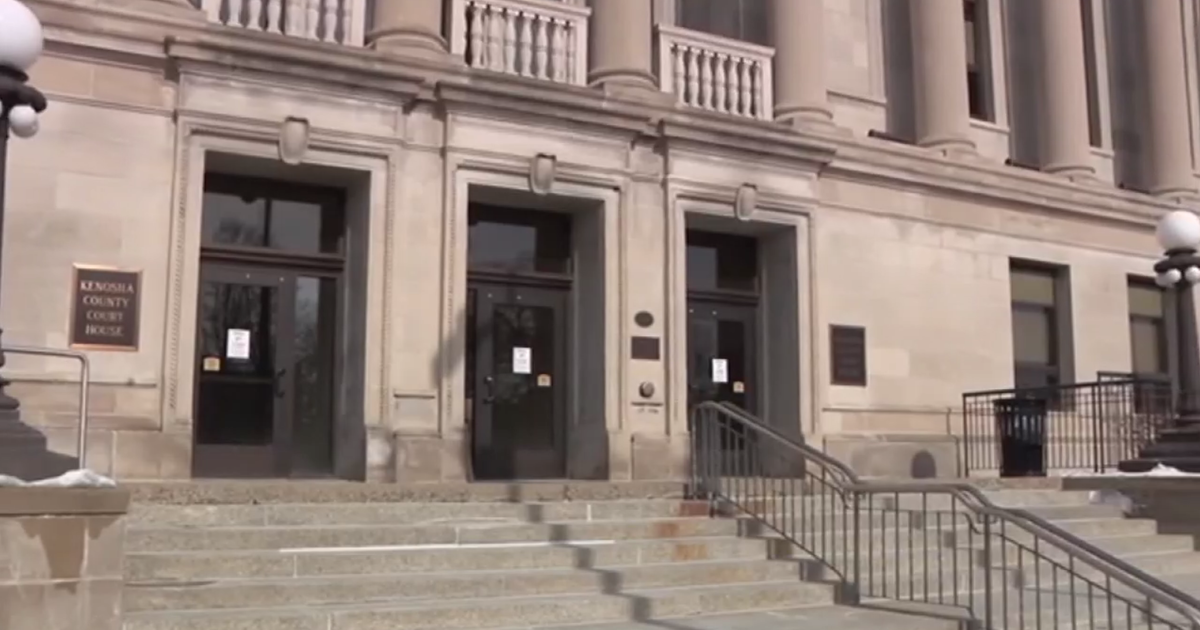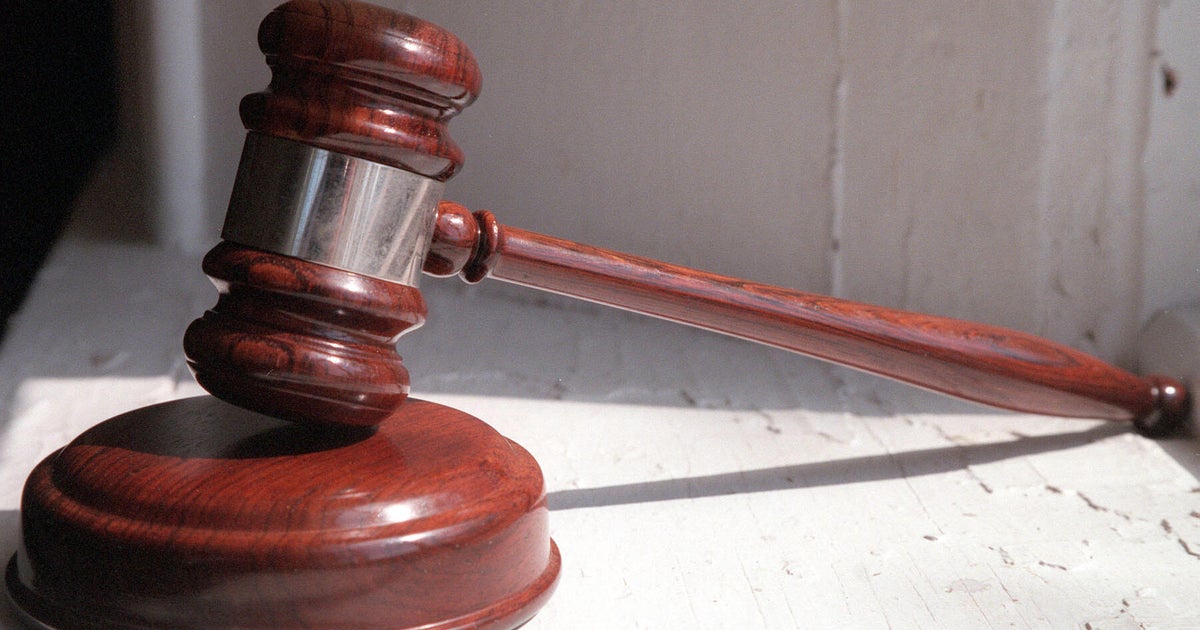Florida Legalized Hemp. Now Miami-Dade Will Stop Prosecuting Minor Marijuana Cases
MIAMI (CBSMiami) – Florida legalized hemp and now the Miami-Dade State Attorney's office is announcing it will no longer prosecute minor cases involving marijuana.
In felony cases, however, police will be required to get lab tests done to determine if there is any THC.
"The hurdle that we now have affects all marijuana prosecutions. Regardless if they're minor such as simple possession of a small amount of marijuana or whether it's a trafficking marijuana case," Howard Rosen with the Miami-Dade State Attorney's Office said.
Hemp is identical to marijuana minus the THC and you cannot smell the difference, which is leading to the changes outlined in a three-page memo sent this week to police agencies in Miami-Dade County.
"This is not legalizing marijuana in Miami Dade County or the state of Florida at all. This is just an impediment for us to be able to prove the cases," said Rosen.
Rosen wanted to make it clear that the office is still following the law. He also said the change is not a "death bail" to all marijuana possession cases.
"Because hemp and cannabis both come from the same plant, they look, smell and feel the same," wrote Miami-Dade State Attorney Katherine Fernandez Rundle. "There is no way to visually or microscopically distinguish hemp from marijuana."
The new policy effectively halts any marijuana prosecutions in Miami-Dade, at least for the time being.
"Since there is no visual or olfactory way to distinguish hemp from cannabis, the mere visual observation of suspected cannabis – or its odor alone – will no longer be sufficient to establish probable cause to believe that the substance is cannabis," wrote Fernandez Rundle.
Some agencies however have established what they have referred to as an "odor plus" standard that relies on the apparent smell of marijuana in addition to the officers' observations before searching potential suspects. Some of the factors that may lend themselves to helping to establish probable cause include but are not limited to information regarding illicit activity prior to the stop, knowledge of the subject's prior recent criminal history for narcotics violations, observation of a hand-to-hand transaction prior to the stop, nervousness, signs of impairment and large amount of cash.
In addition, she wrote, there aren't any police crime labs in South Florida that tests for THC.
"The Miami-Dade Police Department Forensic Services Bureau Crime Laboratory does not currently determine the amount of THC in cannabis. The Miami-Dade Police Department is working diligently to gain the capability to perform the lab testing necessary to distinguish hemp from illegal cannabis. It is anticipated that the MDPD Crime Lab will have the ability to perform the required testing in approximately 3 to 6 months. In the meantime, in order to successfully prosecute a cannabis offense, it will be incumbent upon the law enforcement agency to submit suspected cannabis to another DEA-licensed facility for quantitative testing."
Legal issues surrounding marijuana and hemp have grown more complicated since the passage of the "Farm Bill," which went into effect on July 1.
Fernandez Rundle ends the memo, "Since every marijuana case will now require an expert, and necessitate a significant expenditure by the State of Florida, barring exceptional circumstances on a particular case, we will not be prosecuting misdemeanor marijuana possession cases."
